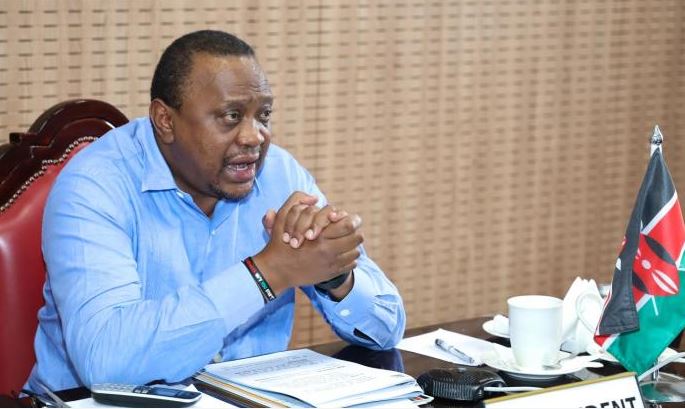×
The Standard e-Paper
Home To Bold Columnists

President Uhuru Kenyatta (pictured) is caught in the throes of a new power struggle that not only threatens his unity pact with ODM leader Raila Odinga, but has also stalled a formula to guide the allocation of funds to the counties.